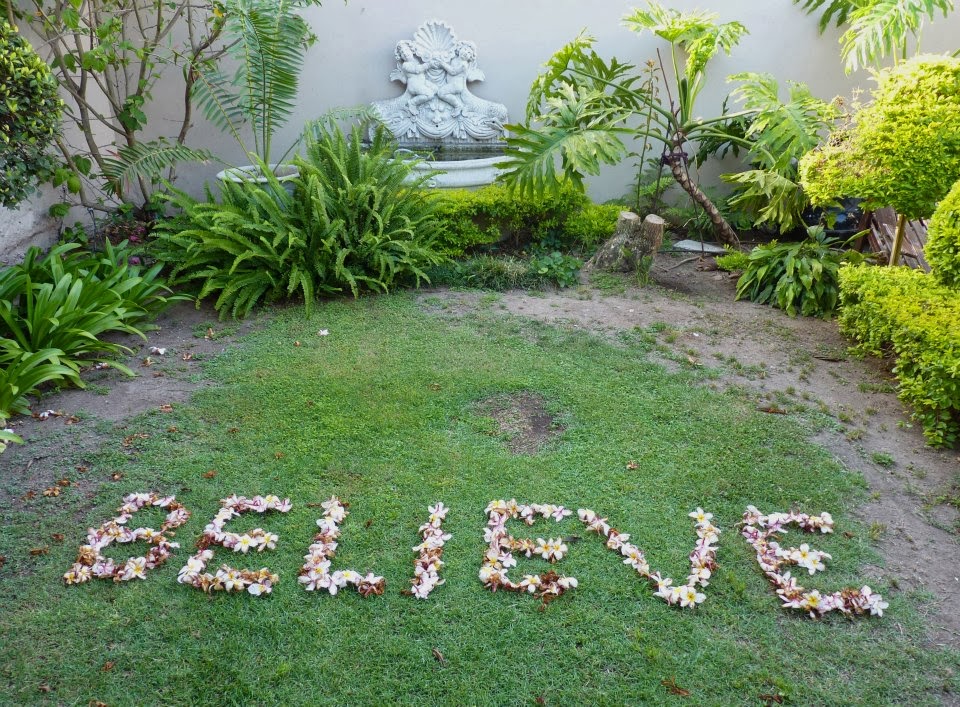Do you know what to say when you are eating out?
Below there are some examples of useful language used in
this situation.
WAITER / WAITRESS
Taking notes about the order:
Would you like to order?
Can I help you?
Are you ready to order?
Are you going to try any of our…?
Offering Food
Would you like a / an / some…?
What about a / an / some…?
Can I get you a / an / some…?
Won’t you go for a / an / some…?
Asking about preferences:
Do you prefer…?
How would you like it?
Asking about drinks:
What would you like to drink?
Anything to drink?
To drink?
CUSTOMER
Ordering a meal:
Excuse me, waiter, we’d like to order.
We are ready to order now.
I’d like a / an / some…and…
I want a / an / some…and…
I’ll go for a / an / some…
Please bring me a / an / some…
To accept / refuse the offer:
Yes, please.
No, thanks. I’d like/ prefer a / an / some…
Deciding about drinks:
I’d like…
Could you bring me.., please?
Asking about the bill:
Could I have the bill, please?
Could you bring me the bill, please?
LET’S PRACTICE!
Put the following
events in the correct order:
_______ have the main course
_______ ask for the bill
_______ sit down
_______ look at the menu
_______ book a table
_______ have the starter
_______ decide to go out for dinner
_______ pay the bill
_______ tip the waiter
_______ have a dessert
These are sentences commonly used in a restaurant when
ordering a meal. Put the words in the correct order.
1. pay / can / with / I / a debit card?
____________________________________________________________
2. a table / we’d / like / for two.
____________________________________________________________
3. have / the soup of the day / first / I’ll.
____________________________________________________________
4. the menu / have / please / we / can?
____________________________________________________________
5. have / please / can / the bill / we ?
____________________________________________________________
6. vegetables/ what / like / you / would?
____________________________________________________________
7. coffee / like / some / you /would?
____________________________________________________________
8. course / the salmon grill / for / I’d / main / like /
my
____________________________________________________________
9. to drink / what / like / you /would?
____________________________________________________________












